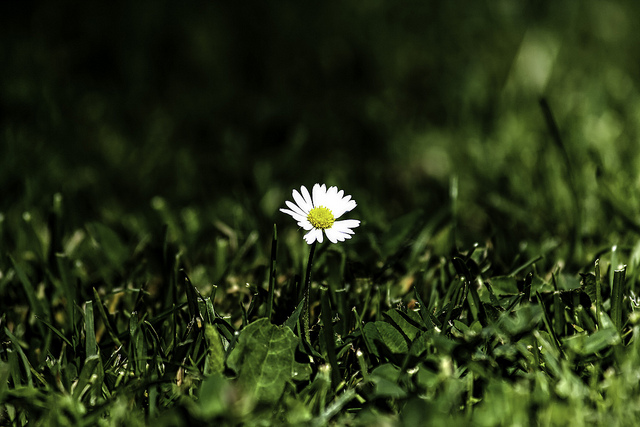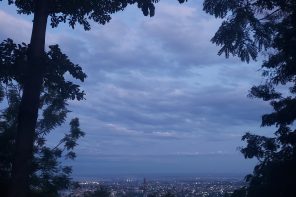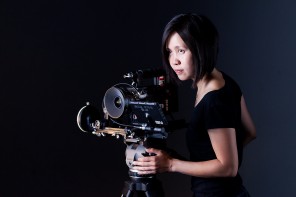My notebooks from Europe are full of gratitude. That’s a strange thing to say, maybe, about the work behind two rather depressing stories, one about how the international community was in blunt denial about gender violence risks for women and girls making the journey from Greece to Germany, and the other about the total lack of protection or oversight for women in Germany’s refugee camps, even when they’re being beaten by their husbands.
These are stories of horrible experiences, of course, but they represent something else to me, too. They represent generosity: The willingness of the women I met to trust a stranger because maybe that trust can make a difference for someone else. (In this case, they were right — policy changes are afoot, thanks to the stories.) It’s a generosity my work so often relies on, and it’s amazing how often people are willing to take the risk of trusting this foreign reporter who writes in a language most of the people I interview don’t speak. But I don’t marvel at it any less now, almost 10 years into this, than I did at the beginning.
I’m grateful for that generosity, and I’m grateful to the woman at its center — Naela Attar, who translated interview after interview. Translators are always a key part of interviewing, especially in sensitive situations. You, the foreign correspondent, can do some things to set your source at ease, but without knowing the language or culture, those things are limited. You need a top-notch human being as your translator, someone who knows how to hold the space of the interview with empathy. Naela has this kind of empathy in abundance. She made it safe for all of us to talk about difficult things, and that made it possible to write stories that are playing a tiny role in Herculean task that is protecting half a million people on the move.
But these stories rely on — exist only because of — a highly unusual kind of generosity. The professional kind. Journalism is not really a sharing business. So much about the way the business works, from whether you can sell a story as a freelancer to whether you can impress your boss with an exclusive quote from whoever is the woman of the hour, feels zero-sum. Journalists are underpaid, overworked and fiercely competitive — none of these necessarily what the lifestyle pages would call “mindsets of abundance.”
All of that makes Alia Malek a pretty awesome exception to the rule. Alia is a freelance journalist, the author of two books and at work on a third, about Syria. Her family is from Damascus, and Alia has been on an incredible personal and professional journey you’ll read about when you buy that book she’s finishing. But she also went to Europe, traversed more of it than I did, traveling hundreds of kilometers with people and witnessing their hopes and frustrations. Along the way, Alia met Naela — a no-nonsense, warm young woman traveling with a sister, a brother and her mother, trying to make it West. It’s an amazing story you’ll read at some point.
But when I was banging my head against the table in Berlin, unable to figure out how to find female refugees I could talk to in safe spaces, and unable to find a female translator I could work with day in and day out, Alia said: “Why don’t you hire Naela?” So I headed down to Heidelberg, and Naela opened up everything — she knew just how to approach people, deciding who seemed open enough to have a conversation, and she paid attention to everything around her.
I tell these stories — about the people behind the scenes who make all this possible — when I give workshops or talk to groups, but I want to tell them more often, and more publicly. There’s no clear or consistent way in the traditional journalism structure to thank your fixer or translator — their invisibility is one fiction among many that props up the institutional authority so much media loves about itself — so I’m making a way right here. Not every fixer/translator is amazing, but I’ve been lucky to work with many who are. I’ll tell you about some of them here, as I do my reporting, and as I circle back to my memories of some of the incredible people who’ve generously shared their talents and shaped my work.
Naela and Alia — thank you.
(And thanks, Raul Lieberwith, for the photo.)




